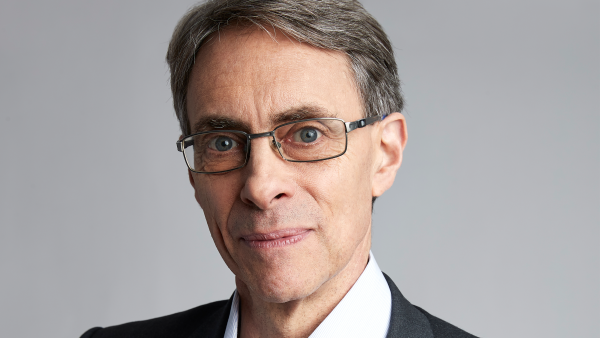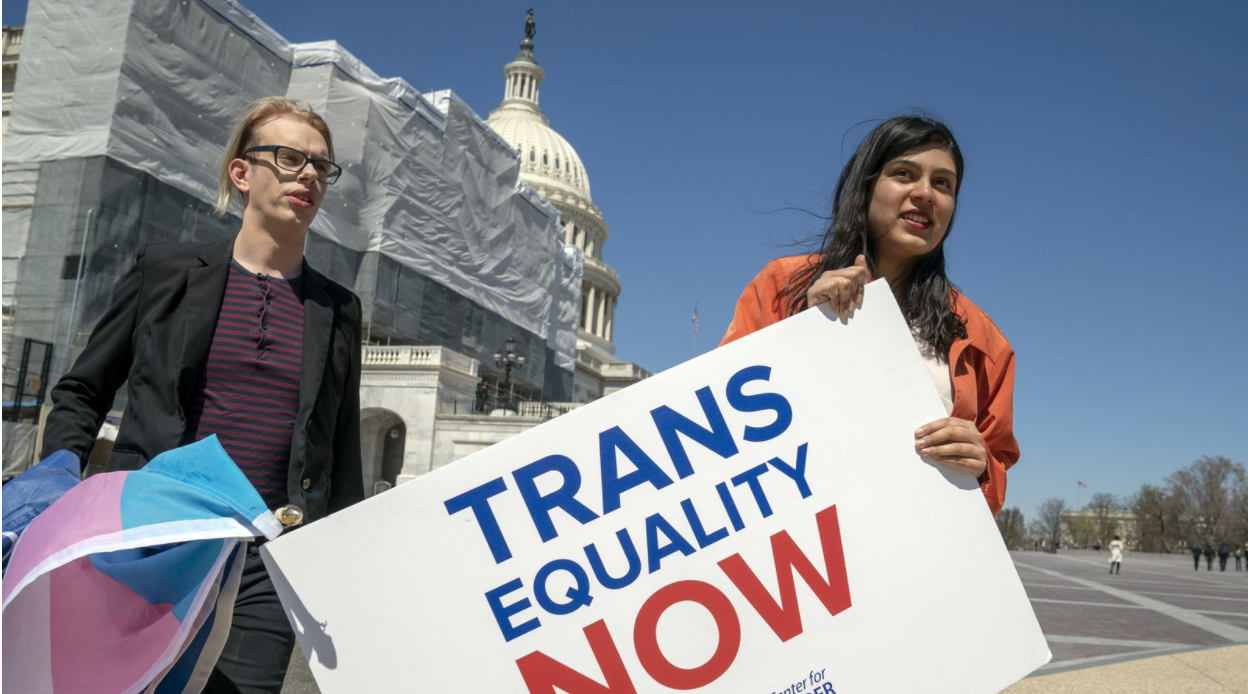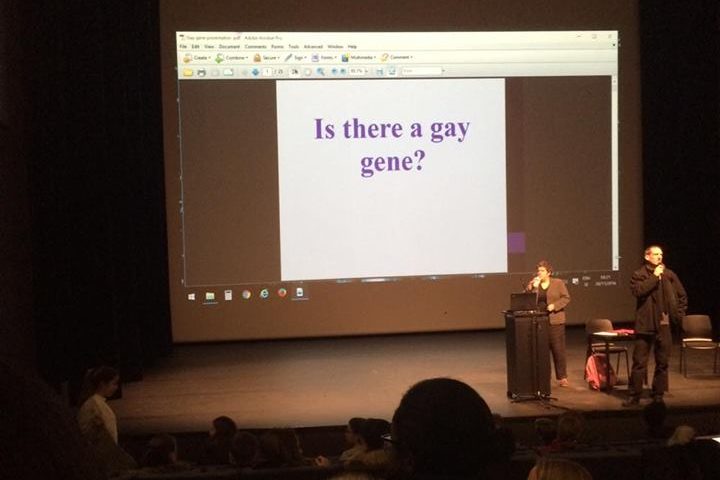By Toto SPARROW, Year 11
From 1993 to 2022, the Human Rights Watch Organization was directed by former prosecutor Kenneth Thomas Roth. Roth is known as one of the world’s most influential human rights advocates and as ‘The Godfather’ of human rights for his dedication to promoting justice, equality, and accountability on a global scale. As the former executive director of Human Rights Watch, Roth exposed human rights violations and advocated for systemic change to protect vulnerable communities. Shortly after his step down from his position as executive director of Human Rights Watch (HRW), Roth began working on his book “Righting Wrongs”, defining his early years and his three decades of experience in the office of HRW. His first book, combined memoir and analysis to disprove the skeptics who question whether it is possible to defend human rights effectively
Born in 1955, Roth was raised by his Jewish father, a war refugee from Nazi Germany just before the war began. Growing up in Deerfield, Illinois, Roth was well aware of how inhumane and corrupt governments can be. His father, Walter S. Roth, would describe how the Nazis would force the Jews into segregation, foretelling what was about to come. After his college years at Brown and Yale University, Roth attended Yale Law, and graduated in 1980, later serving as a federal prosecutor for the U.S. Attorney’s Office for the Southern District of New York. During this time, he focused on prosecuting cases involving public corruption and white-collar crime. In 1987, he joined Human Rights Watch as deputy director. He eventually became its executive director in 1993. During Roth’s leadership at HRW, he traveled the world to meet injustice and cruelty. He stood on the Rwandan turf right after the genocide
Roth’s tenure at HRW was marked by his courage in challenging dictatorial governments and institutions. He was a critic of authoritarian regimes, holding them accountable for their actions, and he did not shy away from addressing the policies of democratic nations when they fell short of human rights standards. For instance, Roth was a strong voice in exposing the U.S. government’s use of torture during the “War on Terror” and highlighting the troubles of civilians in war-torn regions such as Syria, Yemen, and Myanmar.
Roth emphasized careful research and documentation as the cornerstone of HRW’s advocacy, ensuring that the organization’s reports were both credible and impactful. This commitment to truth-telling made HRW a trusted authority and organization in the international community and strengthened its ability to influence governments and global institutions.
Beyond his achievements, Roth is admired for his integrity. Despite facing criticism and political backlash from governments and groups that sought to silence him, he remained steadfast in his mission. His ability to navigate complex political landscapes while maintaining a clear moral compass has inspired countless advocates, activists, and aspiring leaders.
The legacy of Kenneth Thomas Roth is a continuous advocacy for injustice. His work reminds the world of how important it is to speak out against injustice and oppression — as claimed in a telephone interview. Roth stated “I felt it important to leave when things are going well at H.R.W.” He explains that he, along with his colleagues over the years, has done their job well. This signifies that his leave has good meaning. To this day, Roth is a professor at Princeton School for Public and International Affairs and continues to express his views on corrupt government and leaders through various papers and his upcoming book Righting Wrongs.



